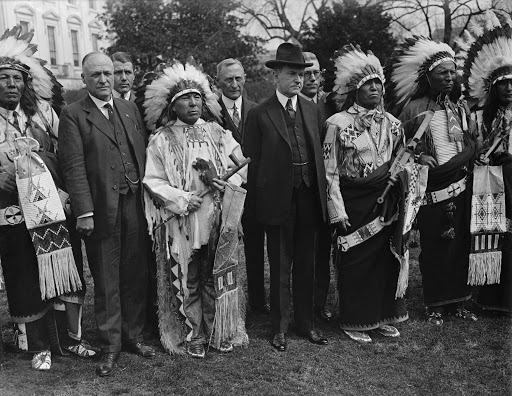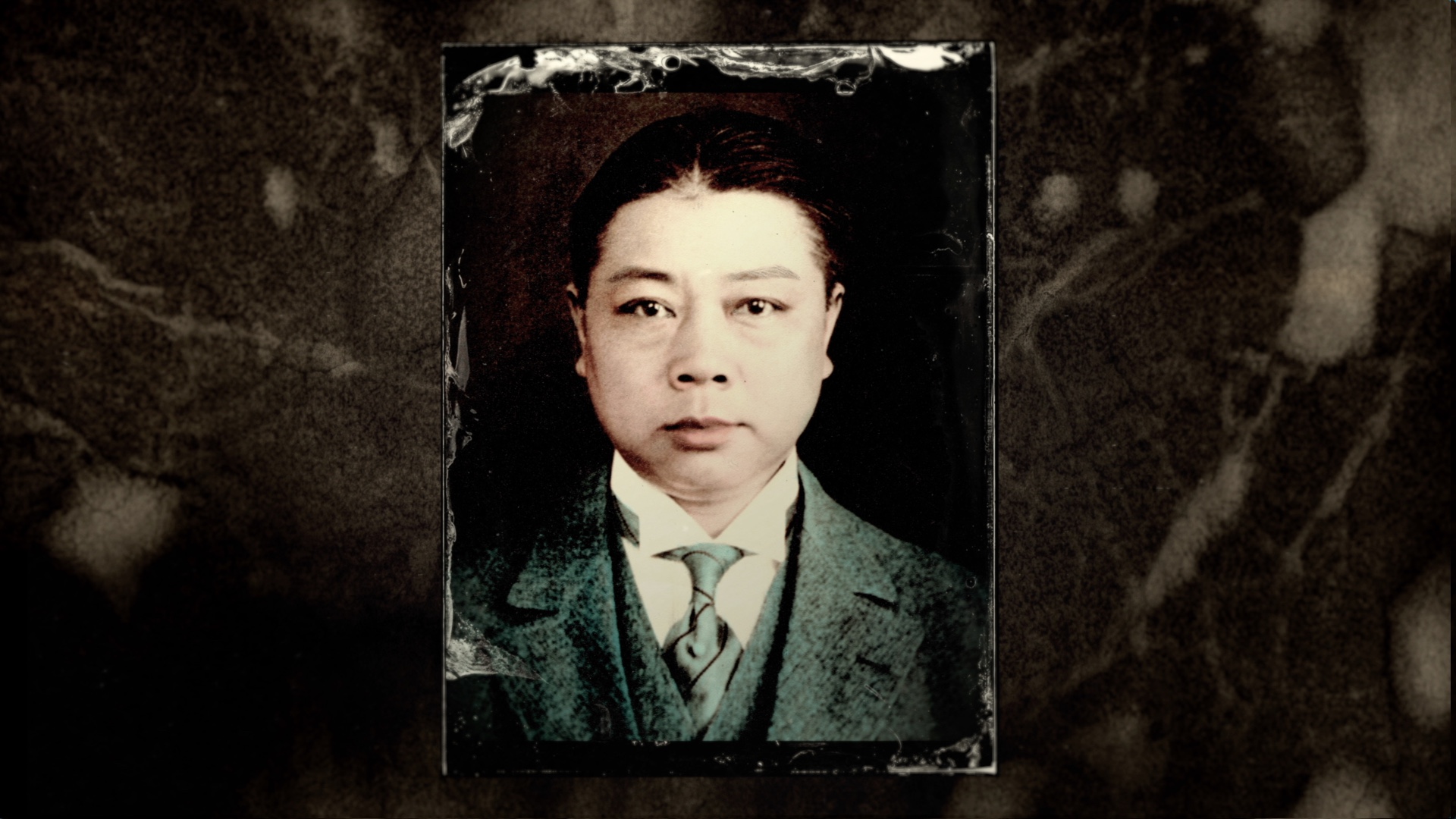Precedent
Citizenship Clause (14th Amendment)
The Citizenship Clause established the jurisdiction of citizenship for persons born or naturalized into the United States. However, its loose phrasing led to the passing of other legislation to define clear boundaries.
Fourteenth Amendment; Section 1:
All persons born or naturalized in the United States, and subject to the jurisdiction thereof, are citizens of the United States and of the State wherein they reside. No State shall make or enforce any law which shall abridge the privileges or immunities of citizens of the United States; nor shall any State deprive any person of life, liberty, or property, without due process of law; nor deny to any person within its jurisdiction the equal protection of the laws.
Elk v Wilkins
This established the jurisdiction of the United States regarding minority group citizenship—specifically Native Americans—and acted as precedent for Wong Kim Ark’s proceedings. In this case, as it was not determined to be in jurisdiction of the Supreme Court, birthright citizenship was denied. His court result directly contested Elk v Wilkins, leading to the Indian Citizenship Act (1924).

President Calvin Coolidge with Native American guests, White House, June 2, 1924
“After [John Elk] left his reservation and began living among white people, the Supreme Court found that Native Americans were not citizens by birth under the Fourteenth Amendment.”
~ Elk v Wilkins 1884 (Immigration History)

Potrait of Look Tin Sing, also known as Look Tin "Eli"

Look Tin Eli's signature, English and Cantonese, 1910
Look Tin Sing
Tin Sing’s victory in court deemed him a birthright citizen and implemented the foundations for Wong Kim Ark’s case. However, the court ruling only extended to minors, disregarding those 18 and over. Wong Kim Ark expanded this right to everyone, regardless of age.
“Justice Field claimed that a child of foreign parents was not a citizen of either country until he had made his selection on arriving [in adulthood]. Professor Pomeroy…held that the child of foreign parents was eligible to citizenship, but did not actually become such until he reached [adulthood] and selected to become one.”
~ Daily Alta California, Volume 37, Number 12586, 28 September 1884